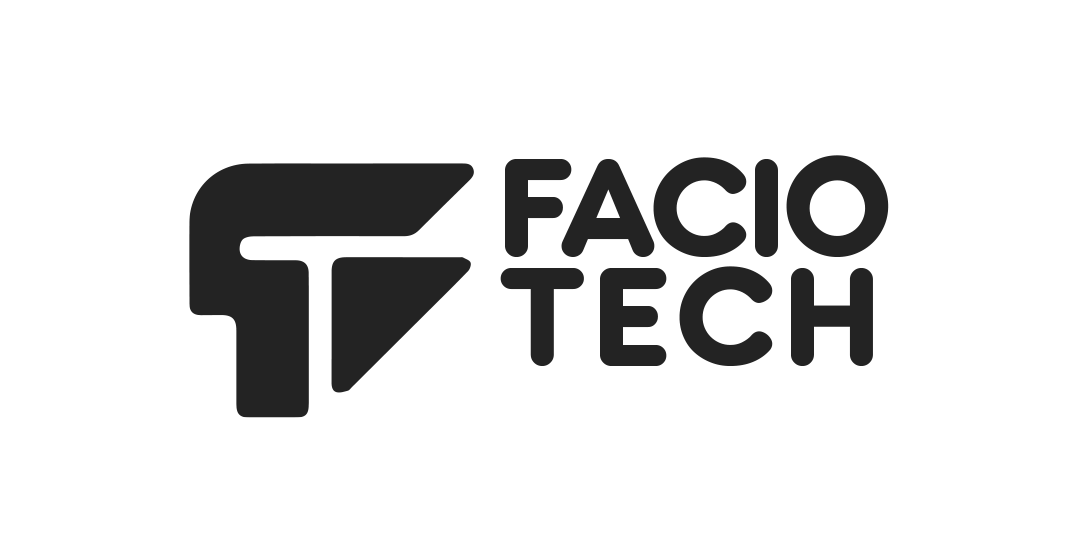Your domain name is a crucial part of your online identity and brand. It is the unique name that identifies your website on the internet, and it is often the first thing that people see when they encounter your business online. As such, it is important to take steps to protect your domain name and prevent it from being stolen or fraudulently registered by someone else.
One of the key reasons to protect your domain name is to prevent someone else from using it to impersonate your business. This can be particularly damaging if the impersonator is using your domain name to engage in fraudulent activities, such as phishing scams or other types of online fraud. In addition to the potential legal consequences, this type of impersonation can also damage your reputation and harm your business.
Another reason to protect your domain name is to prevent someone else from registering it before you do. This can happen if you have a unique or valuable domain name that someone else wants to use for their own purposes. If they register the domain name before you do, they can prevent you from using it, which can be frustrating and costly.
Fortunately, there are steps you can take to protect your domain name and prevent it from being stolen or fraudulently registered by someone else. These include:
-
Register your domain name as soon as possible: This is the first and most important step in protecting your domain name. By registering your domain name early, you can prevent someone else from registering it before you do.
-
Use a reputable domain name registrar: When choosing a domain name registrar, be sure to select one that is reputable and has a good track record. Avoid registrars that have been known to engage in domain name theft or fraud, and be sure to read reviews and do your research before making a decision.
-
Protect your contact information: When you register your domain name, you will need to provide contact information, such as your name and email address. Be sure to use accurate and up-to-date contact information, and consider using a privacy protection service to keep your contact information private.
-
Keep your domain name registration up-to-date: Your domain name registration must be renewed periodically, typically every year. Be sure to renew your registration on time to prevent it from expiring, which can allow someone else to register it.
-
Use secure passwords and two-factor authentication: When you register your domain name, you will need to create a username and password to access your account. Be sure to use strong and unique passwords, and consider using two-factor authentication to add an extra layer of security to your account.
By following these steps, you can protect your domain name and prevent it from being stolen or fraudulently registered by someone else. This will help you maintain control of your online identity and brand, and will help you avoid the potential legal and reputational consequences of domain name theft or fraud.

